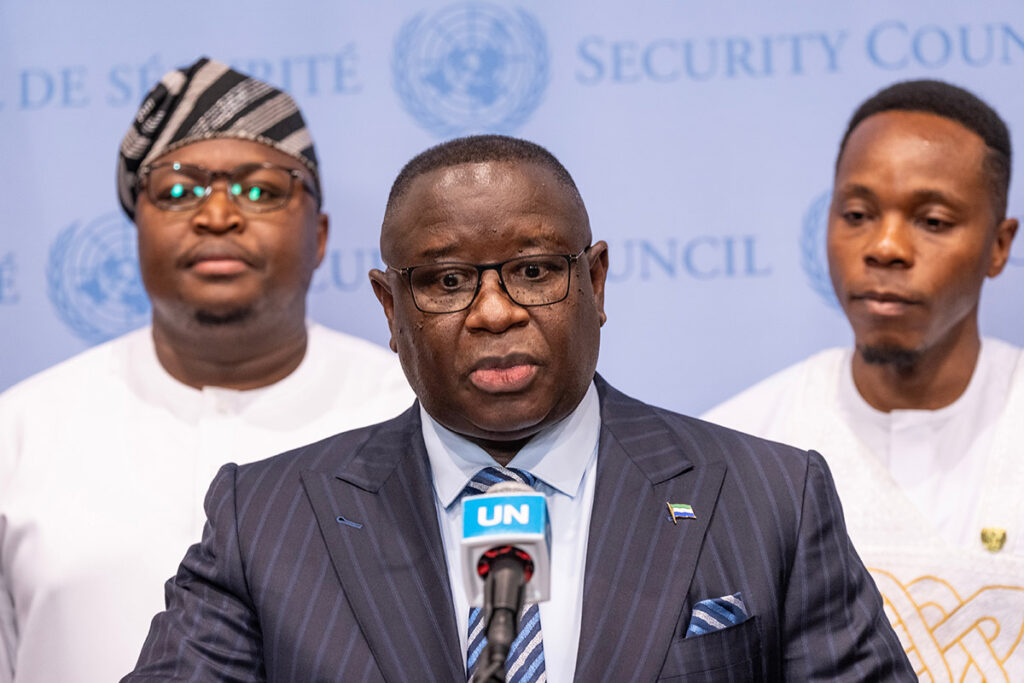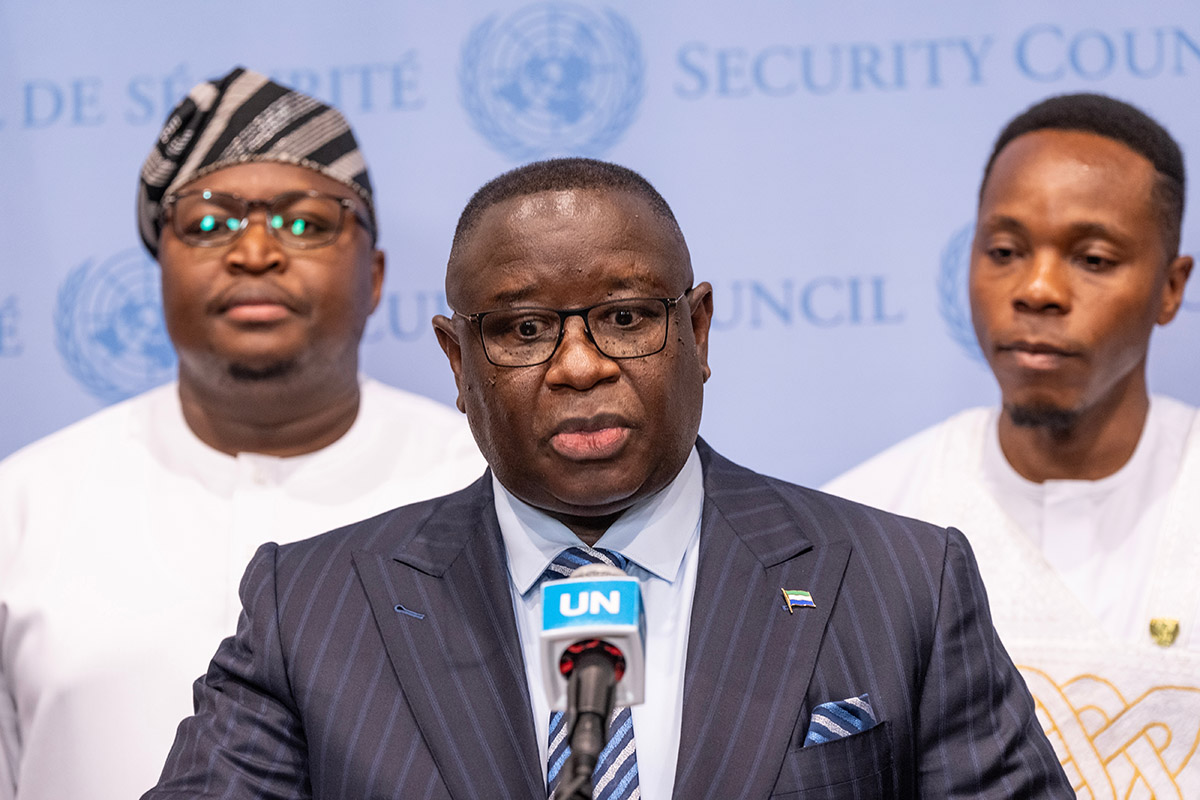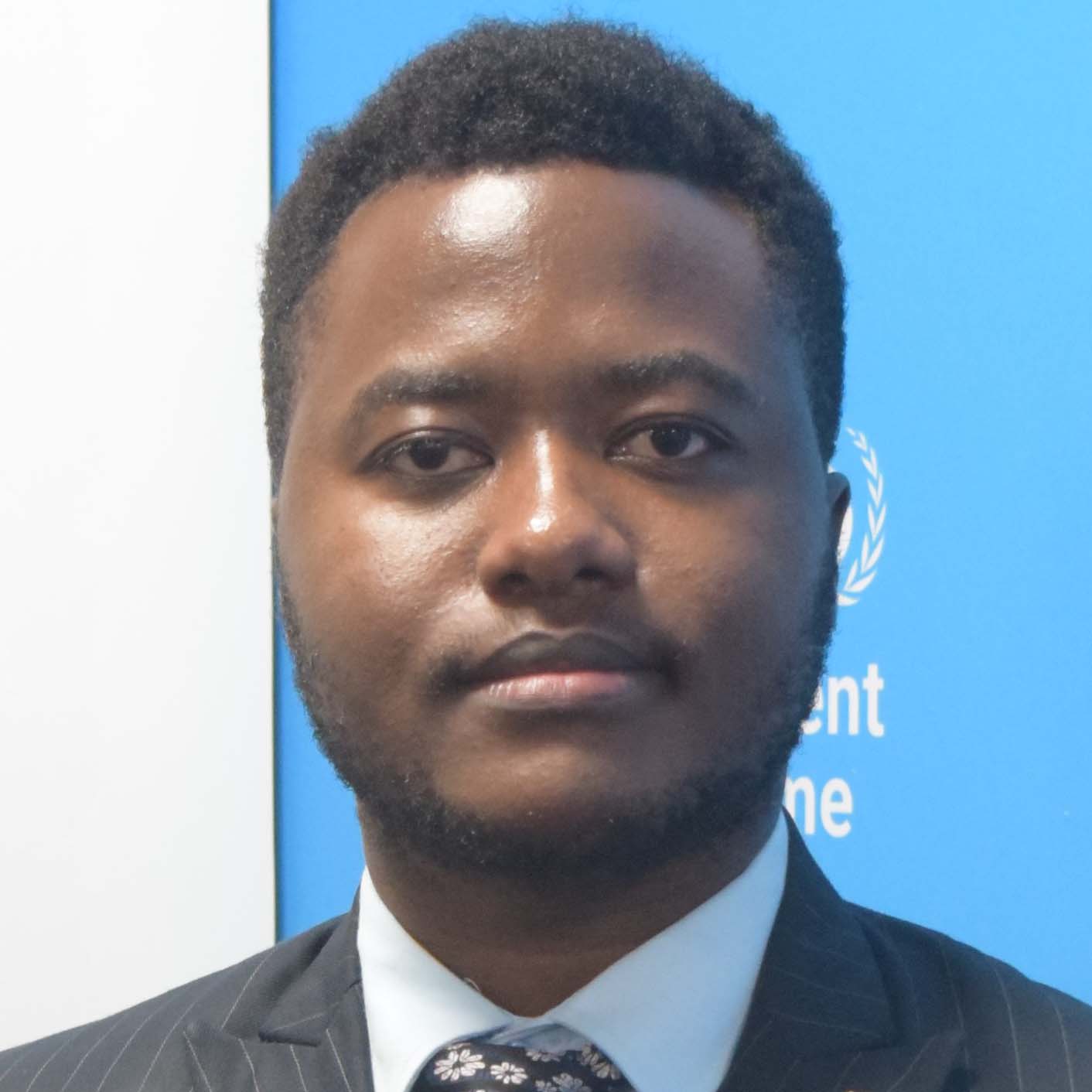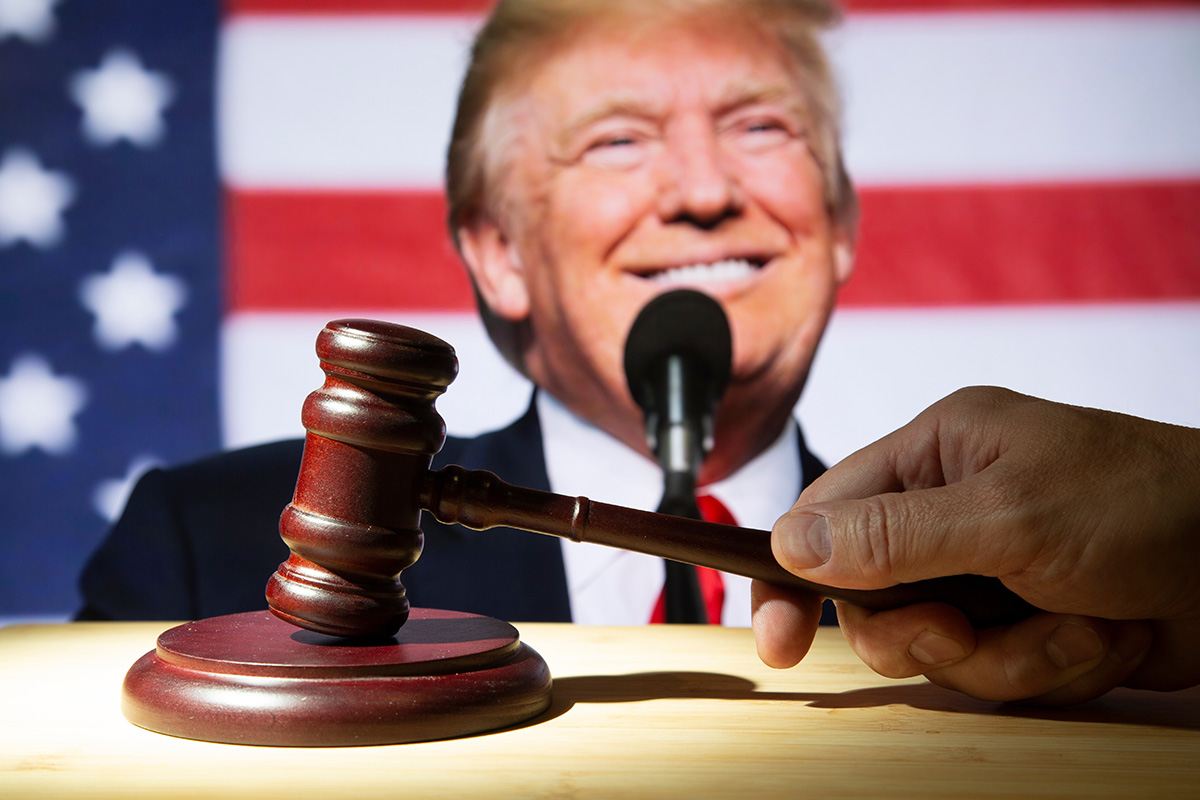Moving Africa to the Centre of the UN Security Council Table is imperative
August 3by Immanuel Mwendwa Kiilu
Africa’s exclusion from permanent membership on the United Nations Security Council (UNSC) represents a glaring gap in global governance. Africa’s population is estimated to be around 1.5 billion, which is nearly one-fifth of the global population. Africa’s demographic weight makes the continent a key player in shaping global priorities. These priorities include peacekeeping, migration, climate action, and international security. Yet, despite its scale and contributions, Africa lacks a permanent voice in the institutions where such global decisions are made.

Africa’s history of advocating human rights highlights the need for a permanent seat on global security bodies like the United Nations Security Council. The African Union (AU), through the Ezulwini Consensus, an agreement calling for two permanent UNSC seats for Africa, seeks full participation in global security decisions. Such representation would allow Africa to directly influence peace, security, and development policies that impact the continent. African leaders must unite to effectively lobby for the realization of this consensus.
Africa’s exclusion from permanent UNSC membership weakens its influence on critical regional and global issues. This exclusion stifles Africa’s ability to contribute meaningfully to international security discussions, thereby allowing external interests to dominate. For example, during the 2011 NATO-led intervention in Libya, the AU’s call for a peaceful resolution was sidelined. Internal divisions within the AU and the overriding actions of external powers contributed to this outcome, triggering chaos that spread instability throughout the Sahel region. This situation illustrates how Africa’s marginalization undermines regional security.
Africa’s position on UNSC reform goes beyond correcting past injustices. The continent has long been a leader in the fight for justice, from its battles against colonialism and apartheid to its advocacy for human rights and environmental sustainability. Africa’s diplomatic push for these seats requires strategic leadership. It should also involve deeper ties with regions like Latin America and the Caribbean. These regions share a history of colonialism with Africa and a mutual desire for fairer global governance.
Such an alliance should create a unified bloc advocating for reforms in global decision-making structures, especially the United Nations Security Council. African countries and other underrepresented regions can advance this goal through platforms like the L.69 Group and the G77 plus China. These platforms allow coordinated lobbying, joint declarations, and consistent engagement with global institutions.
By uniting around shared priorities, such a bloc can influence policies on peace, governance, development, and climate change. While Africa already addresses threats like terrorism, climate-driven migration, and resource-related conflicts, many lasting solutions require global cooperation. The UNSC is the only body with the authority to enforce peace mandates and adopt binding resolutions. Without a permanent seat, Africa remains excluded from critical decisions.
Permanent membership would give the continent a voice and vote on matters directly affecting its future. A coordinated reform push would also enhance global fairness and strengthen inclusive multilateralism, making these demands harder to ignore.
African countries have consistently contributed to international peace and security by making their soldiers available for United Nations peacekeeping missions. This long-standing commitment shows Africa’s capacity to play a pivotal role in maintaining global security. Africa must present a unified front to strengthen its position in the global push for United Nations Security Council reform.
The AU must lead this effort, ensuring the continent speaks with one voice to avoid fragmentation that could undermine its demands. Selecting which countries will represent Africa on the UNSC should be based on their commitment to human security, justice, and liberty, reflecting pan-African values. Countries like South Africa, Nigeria, Kenya, and Egypt satisfy the UNSC conditions. The selected countries must demonstrate strong contributions to regional peace, democracy, and human rights. Efforts by these countries should align with the principles of Pan-Africanism and the Ezulwini Consensus. These principles emphasize Africa’s self-determination and equitable representation in international decision-making.
The issue of climate change bolsters Africa’s argument for permanent membership in the UNSC. As one of the regions most affected by climate-related disasters, Africa must have a voice in shaping the global response. The continent can lead on climate justice, addressing food insecurity and environmental degradation. Africa’s call for UNSC reform is not just about representation but action on these pressing global issues.
As global challenges grow increasingly interconnected, Africa’s voice in global governance is essential. The continent has consistently demonstrated its capacity to contribute to global security, climate resilience, and human rights. Africa’s exclusion from permanent decision-making weakens the Council’s credibility, as it sidelines a region central to many of its decisions. Granting Africa permanent seats at the UNSC would address this imbalance and allow its voice to shape the future of global security. The time for reform is now. It is time to ensure that Africa’s voice is heard and embedded in shaping a more just, secure, and sustainable world.






